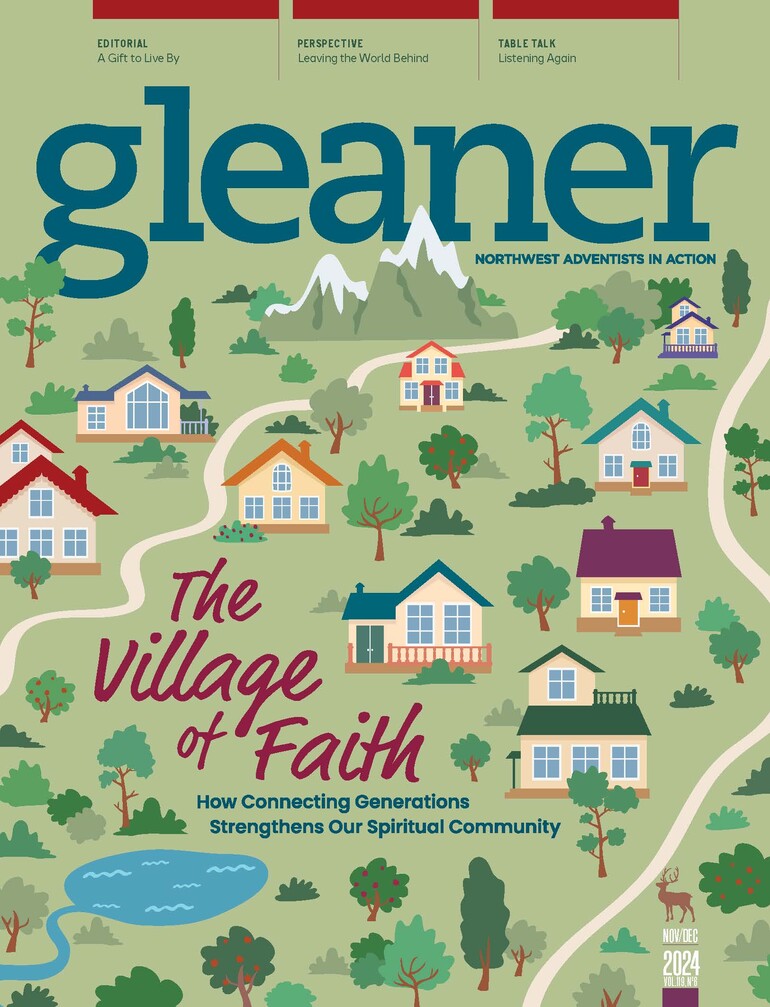“You search the scriptures because in them you think you have eternal life. But the scriptures point to Me!” (John 5:39).
Imagine you were given a map that offered a path to treasure. The map itself would be priceless. But what if, instead of looking for the treasure, all you did was study the map?
You made copies of it and studied it with friends. You went to seminars and meetings about the map. Over time the goal of finding the treasure was replaced with debates about the map. Different groups formed claiming they had the best interpretation. Other people convinced themselves that the map itself was the treasure. But what good is a map if it doesn’t lead to treasure?
The Bible is a map that claims to lead to a great treasure, but it is not the treasure itself. The Bible tells the stories of a religious people — the Jews — who misplaced their identity with their religion. They were chosen for a mission — to explain God’s message of love to all people. However, instead of focusing on the mission, they focused on themselves, their rituals, their temple and their Judaism.
They studied scripture and lost the plot. Instead of drawing people in, their religion became about keeping people out. Any religion that makes people more exclusive, judgmental and mean is not a religion worth having. Religion is the cup, not the substance.
In his book, The End of Religion: Encountering the Subversive Spirituality of Jesus, Bruxy Cavey puts it like this: "Picture a thirsty person holding a cup of water. Now picture that person licking the outside of the cup in an attempt to quench his thirst. That is a picture of religion. Religious people tend to focus on the cup and forget about the contents. They argue about which cup is best but forget to drink from any. Some cups are ornate and some are simple. People are attracted to different kinds, yet none of them will quench your thirst. Religion itself is not what refreshes. The Bible calls this process of confusing the cup with the substance 'idolatry,' and it happens to well-meaning people all the time."
The Israelites were given a map to help lead them to God, but instead of worshiping God, they began to worship the map. They memorized it, taught it to their children and even walked around with it attached to their foreheads. Yet, when the Christ of scripture arrived, He was rejected. “He came unto His own, but His own received Him not” (John 1:11).
Christ accepted outsiders, talked about loving enemies and reframed the entirety of religion as culminating with Himself. For religious leaders who believed their understanding of scripture was infallible, the thought of not recognizing the prophesied Christ must have been unsettling.
They thought they were the chosen ones. They thought they had the truth, and they thought they alone were the gatekeepers of scripture. Jesus confronted all of that and said, “You search the scriptures because in them you think you have eternal life. But the scriptures point to Me!” (John 5:39).
They were so focused on the map that they missed the treasure. What about us? Is it possible that the way we think about the Bible could be wrong?
We ask the wrong questions when we ask, “Is the Bible infallible? Is it authoritative? Is it without error?” We would never say that children, food, art or marriage are infallible because that’s not the point. All of these things at their best are inspired by beauty, truth, goodness and God.
Asking if the Bible is authoritative is the wrong place to start. We should start by exploring how to best interpret the Bible. People who believe the Bible is authoritative have used it to tell women they can’t wear pants, preach or teach; to tell slaves to obey their masters; and to threaten those who don’t believe the same things they do about God, that God will burn them in hell forever.
We should begin with the acknowledgment that everyone interprets the Bible and not everyone has interpreted it well. The Bible is an ancient collection of poems, stories, history and perspectives written by imperfect people that point us to the Word of God.
I believe in the infallible, inerrant Word of scripture and His name is Jesus.
The Bible is a treasure map. It is not the treasure. Don’t make the mistake of worshiping the map! Seek the Treasure.









